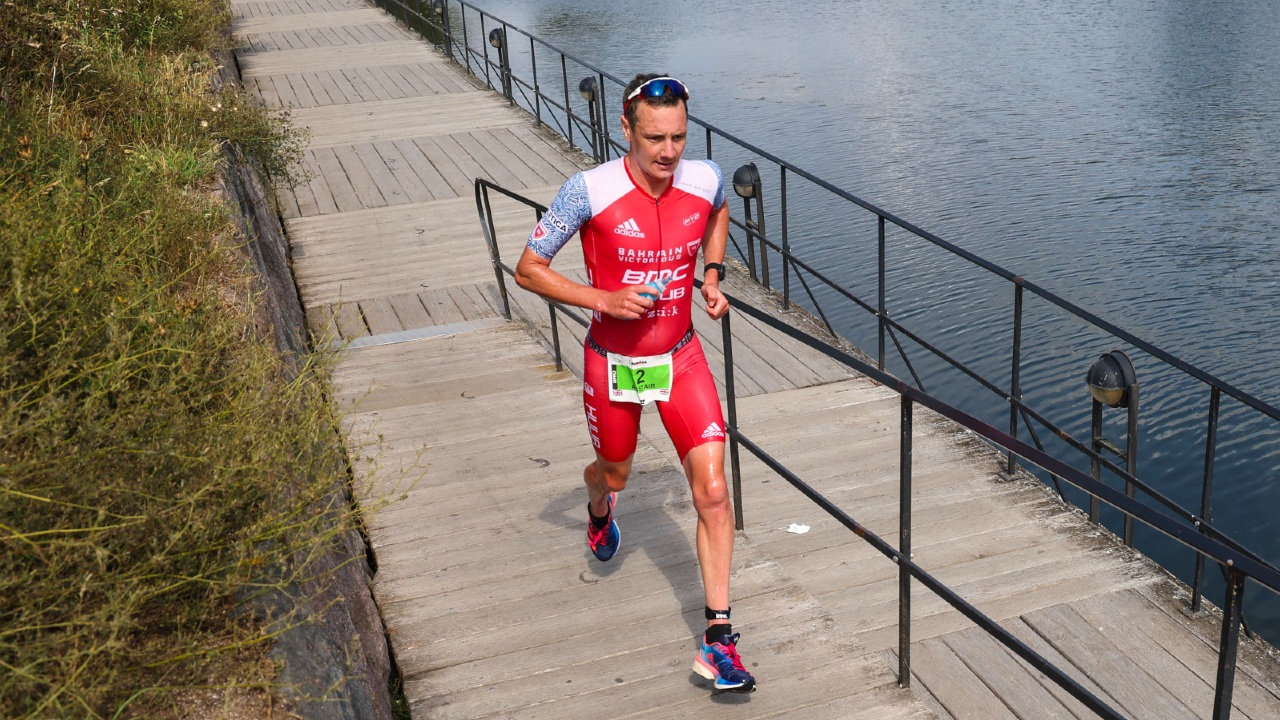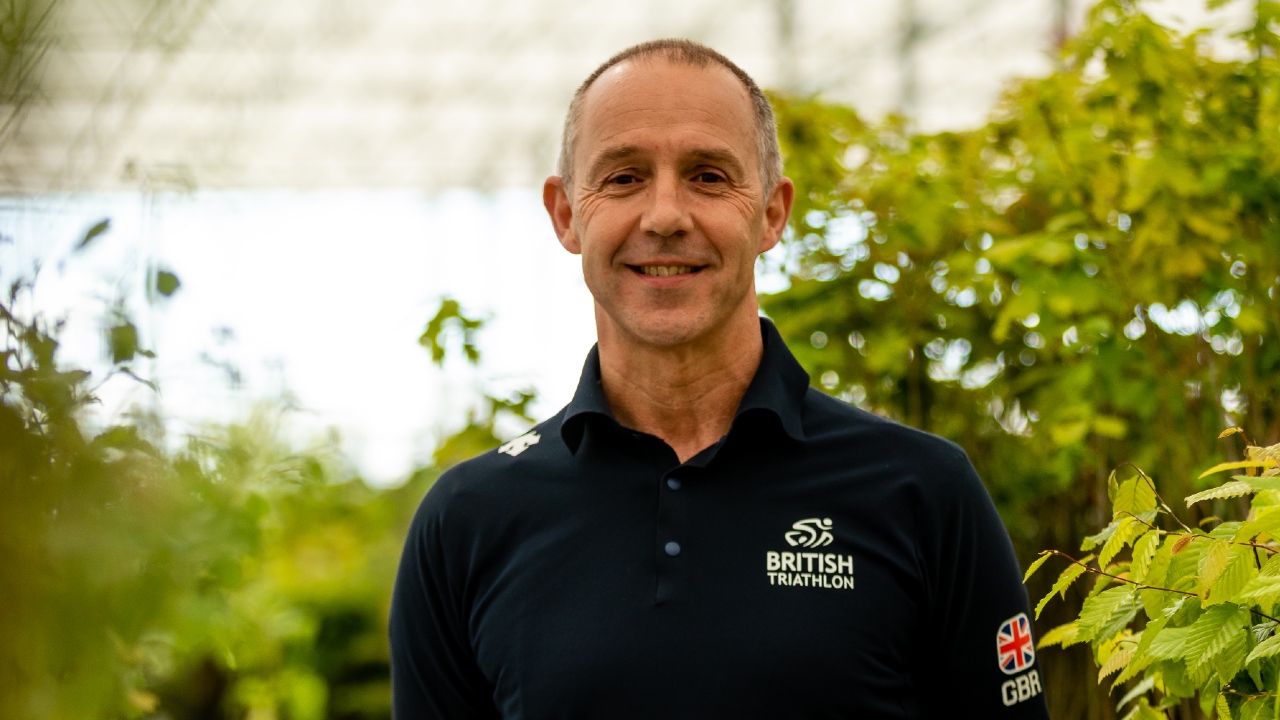This week, the world of triathlon shines a spotlight on two major events: the WTCS in Abu Dhabi and the debut of the T100 series in Miami.
For triathlon enthusiasts, this marks an exciting moment as top Olympic contenders gear up for their first significant competition of 2024, while elite middle and long-distance athletes kick off the Professional Triathletes Organisation’s (PTO) innovative initiative in the United States.
In a detailed interview with TRI247, Andy Salmon, the outgoing head of British Triathlon, shared his thoughts on the evolving landscape of the sport. While acknowledging the benefits of increased opportunities, Salmon emphasized the importance of collaboration within the triathlon community.
Salmon stressed the need for unity within the sport, advocating for a coordinated approach with athletes at the forefront.
He expressed concern over the potential risks associated with a crowded race schedule, where athletes may be tempted to compete in multiple formats within a short span, potentially leading to injuries. Salmon emphasized the necessity of prioritizing athlete well-being through collaborative scheduling efforts.

Despite these challenges, Salmon recognized the significance of expanding television coverage as a means to grow the sport.
While the absence of a British-hosted WTCS event in 2024 is notable, Salmon highlighted efforts to maintain exposure through partnerships with broadcasters like the BBC. He praised initiatives such as the Super League Triathlon and the PTO, acknowledging their contributions to the sport’s visibility and appeal.
Looking ahead, Salmon emphasized the importance of prioritizing athletes’ welfare in scheduling decisions. He advocated for annual meetings among key stakeholders to establish common principles focused on athletes’ best interests.
Salmon also addressed the role of paratriathlon, underscoring the need for collaborative discussions to determine the most suitable formats for para-events within the broader triathlon framework.
Discussing the involvement of top British athletes in alternative race formats, Salmon emphasized the organization’s supportive and flexible approach.
While British Triathlon prioritizes Olympic and Paralympic Games, Salmon highlighted ongoing efforts to better support athletes participating in long-distance events. Despite financial constraints, Salmon expressed openness to dialogue and innovation in addressing the diverse needs of the triathlon community.
In essence, Salmon’s reflections underscored the complexities and opportunities inherent in the evolving landscape of triathlon, emphasizing the importance of collaboration, athlete welfare, and adaptability in shaping the sport’s future trajectory.
